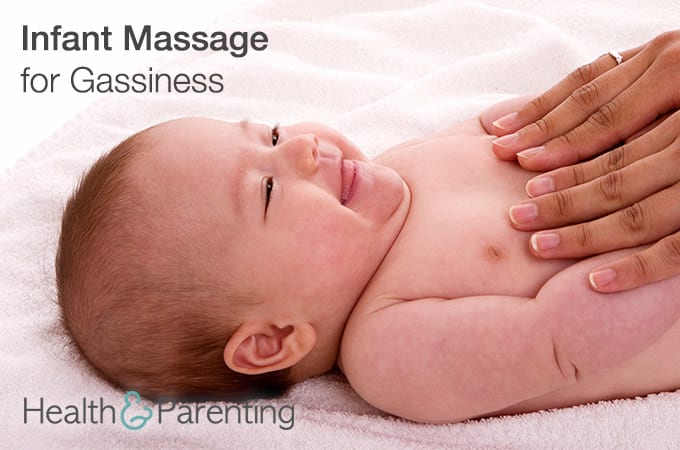My baby can never be put down – he clings to me like Velcro all day long. My baby never sleeps for more than a couple of hours around the clock. My baby doesn’t take changes well – even simple things like leaving the house are a major emotional project. Sound like your baby?
The term “high-needs baby” was coined by renowned pediatrician, William Sears, in The Fussy Baby Book. A ‘high-needs’ baby has a more intense personality – his inborn temperament guides his behavior. Just like an ‘easy’ baby, your baby’s strong needs are an inborn trait, not something you created or caused. But parenting this baby can be challenging.
High-needs babies are fussy babies
Babies who have strong needs tend to make those needs known. They seem hard to console, and may be colicky. The best thing you can do is to learn what your baby’s different cries mean, and how best to soothe them. It will take some trial and error since every baby is different. Motion – holding, rocking, swaying, riding in a car – seems to help many high-needs babies. Babies who exhibit this very strong need for you seem to enjoy being carried in a sling or wrap most of the day. They can be close to mom or dad while mom or dad can still carry on with most of their normal activities.
High-needs babies feed often
Frequent breastfeeding is calming for baby and mom – the time skin-to-skin, the hormones released, the lack of crying because baby is otherwise occupied… Whether breastfeeding or bottle-feeding, suckling is calming for baby. High needs babies rarely have any sort of pattern or schedule to their feeding, so it’s best to feed on baby’s cue.
High-needs babies sleep differently
High-needs babies tend not to be cuddly, but aren’t self-soothers either. And they seem to need very little sleep. They are ‘cat-nappers’ – frequent short periods of sleep. They are sensitive to separation, including being away from you at night. High-needs babies tend to do well when co-sleeping. Be sure you have a safe sleep space for baby near your bed, or, if bed-sharing, you meet all safety criteria. But having baby near you at night may mean more sleep for everyone.
Parents of high-needs babies need support.
A fussy baby can be very difficult emotionally for parents. So if you feel overwhelmed, take a time-out. Put baby in a safe place and get some fresh air for a minute. Or simply count to 10. Call in reinforcements – tag-team parenting works well when dealing with a fussy, high-needs baby.
Find other parents who are going through the same thing. Find an Internet chat room – these are the moms who will be available at 2am when you’re at your wit’s end. Get in touch with parents in your community – it’s likely you’ll find someone else suffering through the same thing. Find a book about fussy babies (such as the one mentioned above) and read about how to cope.
Sometimes when in the midst of parenting these very passionate babies, we can lose sight of the positives and see only the negatives. One way to get past this is to consider how you talk about your baby. What are the words you use? Instead of a needy baby, call her a persistent baby. Instead of a difficult or demanding baby, think of him as your teacher and guide, showing you how to stretch and learn patience.
One of the greatest rewards of parenting a high-needs baby is that the intensity of their need often matches the intensity of their loving expression later on. As they grow, children who were intense babies tend to be empathetic, sensitive, independent and persistent.
Do you have a high-needs baby? What are your tips for survival?
Written by Michelle, childbirth instructor, lactation consultant, and mother to 4 busy kids
This information is not intended to replace the advice of a trained medical doctor. Health & Parenting Ltd disclaims any liability for the decisions you make based on this information, which is provided to you on a general information basis only and not as a substitute for personalized medical advice. All contents copyright © Health & Parenting Ltd 2016. All rights reserved.












